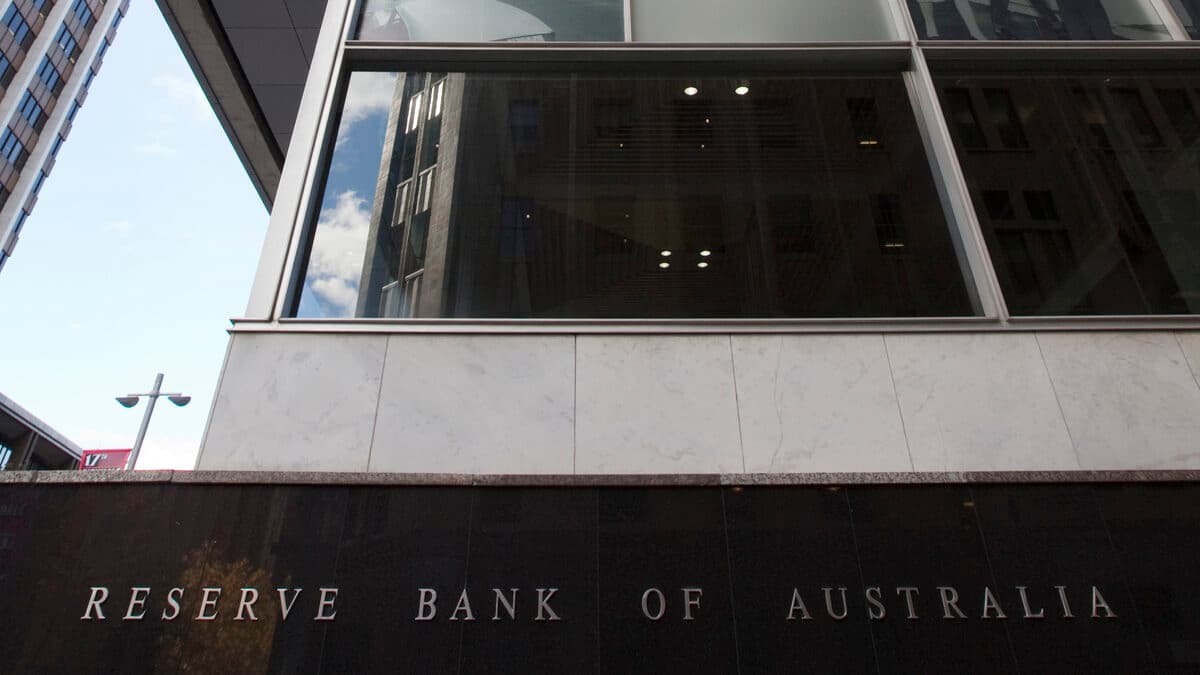The Reserve Bank of Australia (RBA) has strongly warned banks about affordable debit card transaction fees for merchants.
Expressing concerns about limited choice in transaction routing, the RBA has indicated its intention to introduce regulations that would ban default routing on dual-network debit cards.
In Australia, dual-network debit cards allow consumers to choose between various payment networks, such as eftpos, Visa, or MasterCard, when making transactions. However, these cards often come with default settings that favour one network over others, automatically routing contactless transactions through the default network unless merchants have enabled least-cost routing.
The RBA argues that this default routing practice restricts competition and hampers the efficiency of the payment system. To address these concerns, the RBA is contemplating regulations that would prohibit card schemes and issuers from imposing default routing on dual-network debit cards.
This proposed change aims to empower merchants by enabling them to select the preferred network for processing their debit transactions, fostering competition and potentially reducing transaction costs.
Furthermore, the RBA has completed a review of an external report on a major system outage that occurred last October involving its virtual servers that disrupted 800,000 transactions worth almost a billion dollars.
Regarding the pricing of New Payments Platform (NPP) services, the RBA intends to apply the same principles used for other payment systems when determining wholesale pricing for NPP transactions. It emphasises the importance of ensuring that interchange fees do not impede the efficiency and competitiveness of the payments system and should be transparently disclosed. It said that it will carefully evaluate the competitive implications of linking pricing between different payment systems and consider volume-based discounts.
In its commitment to enhancing the security of online debit card transactions, the RBA acknowledges the potential benefits of tokenisation for dual-network debit cards. Tokenisation reduces reliance on card number databases and mitigates the impact of cyberattacks. However, certain barriers need to be addressed to fully realise tokenisation’s security and efficiency advantages. The RBA plans to set expectations for the industry to tackle these obstacles, with the goal of significantly reducing merchants’ and payment service providers’ reliance on card number databases by the end of 2024.
Members of the Board have observed a substantial decline in cash usage for consumer payments, particularly in the wake of the pandemic. Contactless card and mobile device payments have become the preferred methods for in-person transactions. However, a segment of the community still heavily relies on cash for their payments.
The key findings from the RBA’s 2022 Consumer Payments Survey will be published in the June edition of the RBA Bulletin.
More here.
Keep up to date with our stories on LinkedIn, Twitter, Facebook and Instagram.

